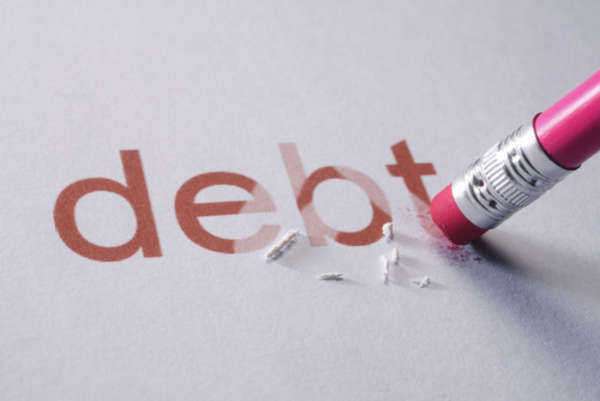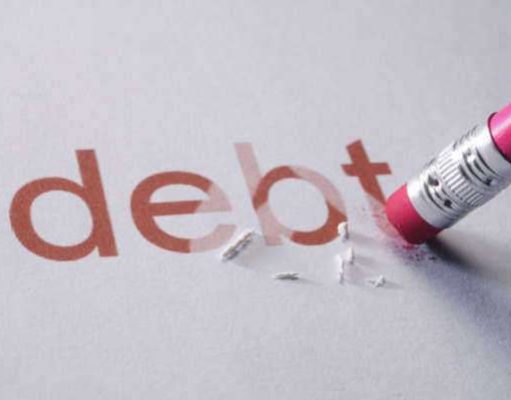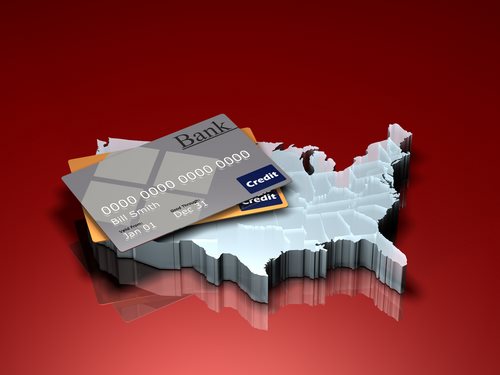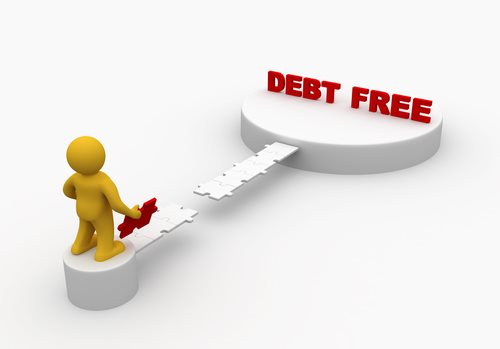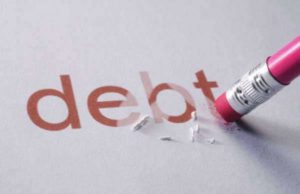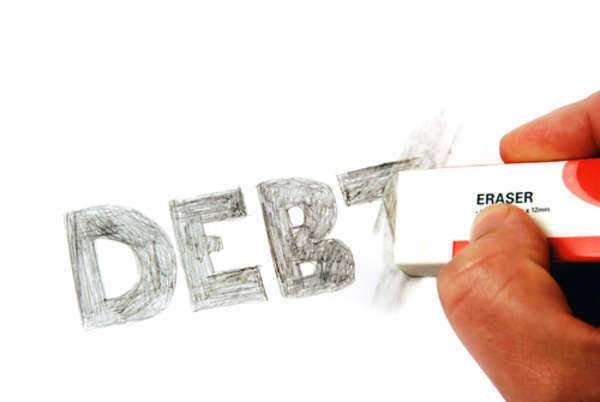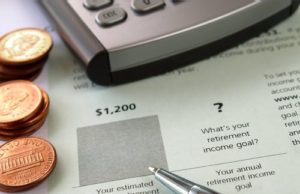Understanding The National Debt Relief Program
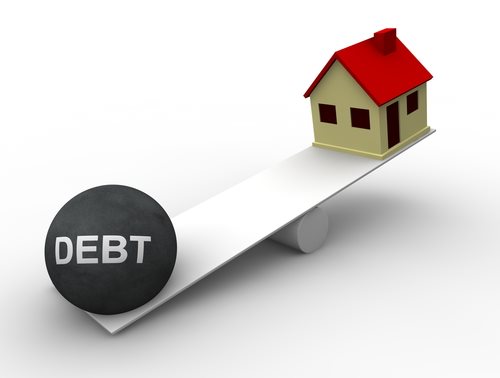
Understanding The National Debt Relief Program & How It Works
Introduction
Debt is a common problem faced by a majority of the population in the United States. The financial burden of debt can be overwhelming and cripple individuals’ ability to pursue their dreams and lead a fulfilling life. The National Debt Relief Program was created to assist people in managing their debt obligations and achieving financial stability. This article aims to provide readers with a comprehensive understanding of the National Debt Relief Program, its benefits, and how it works.
What is the National Debt Relief Program?
The National Debt Relief Program is a debt settlement program that aims to help individuals who are unable to pay off their debts. The program negotiates with creditors to reach a settlement agreement that is manageable for the debtor. The settlement agreement typically involves the debtor paying off a reduced amount of their debts in exchange for the creditor agreeing to forgive the remaining balance.
The National Debt Relief Program works with various types of debts, including credit card debts, medical debts, personal loans, and other unsecured debts. However, it does not work with secured debts like mortgages and auto loans.
Benefits of National Debt Relief Program
There are several benefits to enrolling in the National Debt Relief Program. Here are some of the key advantages:
1. Reduced debt obligation – The program aims to negotiate with creditors to reduce the debt obligation of the debtor. This helps to relieve the financial burden of debt on the individual.
2. Lower monthly payments – One of the key benefits of the program is that it helps to reduce the monthly payments necessary to service the debt. This allows the individual to have more financial flexibility and manage their monthly budget better.
3. Single payment plan – The program consolidates debts into a single payment plan, which simplifies the process of servicing the debts. This means that the debtor only has to make one payment to the program each month, which is then distributed to their creditors.
4. Avoid bankruptcy – The National Debt Relief Program is an alternative to bankruptcy and can help individuals avoid the damaging effects of bankruptcy on their credit score. This is because the program settles the debts, and there is no adverse effect on the credit score.
How the National Debt Relief Program Works
The National Debt Relief Program works in the following steps:
Step 1: Free Consultation
The first step of the program is a free consultation with a debt specialist. The specialist assesses the individual’s financial situation, debt obligations, and unique circumstances. They then provide the individual with a personalized debt relief plan, outlining the options available to them.
Step 2: Enrollment
If the individual decides to enroll in the program, they sign up, and the program’s debt specialists begin to work with their creditors to reduce their debt obligations.
Step 3: Monthly Payments
The individual makes a monthly payment to the National Debt Relief Program, which is then distributed to their creditors. This payment includes the program’s fees and the reduced payment to the creditors.
Step 4: Settlement
The program continues to negotiate with creditors until settlements are reached, and the debtor’s debts are paid off completely.
How to Qualify for the National Debt Relief Program
Qualifying for the National Debt Relief Program requires meeting specific criteria. Here are some of the criteria required for eligibility:
1. Have unsecured debts of at least $7,500
The program only works with unsecured debts like credit card debts, personal loans, and medical debts. The individual must have at least $7,500 in unsecured debt to qualify for the program.
2. Have a financial hardship
Individuals must demonstrate that they are experiencing a financial hardship, making it difficult for them to service their debts. For example, they may have lost their job or have unexpectedly high medical bills.
3. Be willing to make regular payments
Individuals must be willing to make regular payments to the program every month. This typically involves making a monthly payment to the program, which is then distributed to the creditors.
Are there any Risks Associated with the National Debt Relief Program?
While the National Debt Relief Program is designed to help individuals get out of debt, there are some risks associated with the program. Here are some of the risks:
1. It Can Damage Your Credit Score
Enrolling in the National Debt Relief Program can damage your credit score. This is because the program requires you to stop making payments on your debts, which can lead to late payments and defaults on your credit report.
2. It Can Have Tax Implications
Forgiven debts may be seen as income by the IRS, meaning you may be required to pay taxes on the amount forgiven.
3. It Might Not Work
The program may not work for everyone, and some creditors may not be willing to negotiate a settlement agreement. Additionally, individuals may end up paying more in fees and interest than the original debt amount.
Conclusion
The National Debt Relief Program is a debt settlement program designed to assist individuals in managing their debt obligations and achieving financial stability. The program negotiates with creditors to reduce debt obligations, thereby reducing the financial burden of debt. While there are some risks associated with the program, it can be an effective way to manage debt and avoid the damaging effects of bankruptcy on credit scores. If you are experiencing financial hardship and wish to manage your debt, the National Debt Relief Program is worth exploring. It is vital to work with qualified debt specialists, understand the terms and fees, and ensure that you can meet your monthly payments.
What is the National Debt Relief Program?
The National debt Relief Program is a broad term used to describe the efforts of the United States Federal Government to reduce the nation’s mounting public debt. The ability to reduce debt is enacted through the elimination of fraudulent or frivolous spending habits enacted by governing bodies of the nation.
The National Debt Relief Program consists of numerous endeavors instituted by the United States Federal Government to help mitigate debt in the local and private sectors. Throughout the nation, millions of consumers are finding it increasingly difficult to meet their financial obligations.
Furthermore, as mortgage interest rates rise, the coordinating Adjustable Rate Mortgage Payments skyrocket. When this occurs the typical consumer will face other mounting debts, such as those attached to car payments, insurance premiums and credit card bills.
To mitigate the stranglehold of such debts, the United States Federal Government and their coordinating local governments have instituted a series of debt relief programs to offer temporary funding and alleviation of such debts.
In addition to alleviating the typical consumer’s debts, the United States Government has instituted various acts and legislation to appease the mounting national public debt.
As stated before, these programs, tied into the National Debt Relief Program, are aimed to bring greater efficiency to federal spending habits. The following acts were passed by the United States Congress to help reduce the National Debt.
The American Recovery Act:
The American Recovery Act, also known as the American Reinvestment and Recovery Act of 2009, was signed into law by President Barack Obama in February of 2009. This piece of legislation was fundamental in sustaining big banks and federal institutions in the United States through the delivery of government funding.
The American Recovery Act was a large-scale stimulus program that provided over $700 billion of federal funding to needy recipients, such as giant banks who fell victim to their own frivolous lending and investing habits. While this funding was primarily given to corporations, the Act itself was designed to help individuals find employment and recover from their mounting debts.
EDA Recovery Act Funding
This piece of the National Debt Relief Program was a component of the previously-mentioned American Recovery Act. This grant specifically offered funding to communities and individuals that experienced sudden and severe economic dislocation and job loss as a result of corporate restructuring and the general collapse of the American economy.
While not specifically aimed to spark a reduction of debt reduction, the EDA Recovery Act was a means to provide financing to non-profit organizations and those communities stricken with financial problems.
The Minority Business Enterprise Center Grant:
This example of the National Debt Relief Program was a source of funding that helped subsidize non-profit organizations with minority leadership. This grant, in essence, was not a form of direct debt relief, but instead, aimed to support struggling businesses and sole proprietorships.
Individuals who received this grant used the money to reduce business loans and lines of credit; this form of the National Debt Relief Program aimed to free up capital to allow businesses to reinvest in research and development initiatives.

